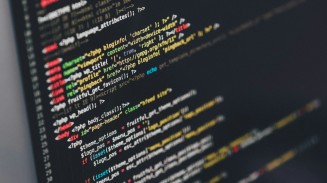China's counter-terrorism law took effect swiftly on the first day of 2016. Despite its approval, it harbored criticisms from the U.S. government, human rights groups and technology companies. It was also labeled as tough and sweeping by the Western Media.
The Diplomat reported that China's counter-terrorism law was inspired by President Xi Jinping's overall national security outlook. The comprehensive law contains 97 articles and 10 chapters that touch various topics on counter-terrorism. The law tackles four aspects of the law, including China's definition of terrorism, giving responsibility to technology companies in providing technical support for its purposes, limiting reports on government responses and terrorist attacks and the application of "people's war on terrorism."
This rule accords with the actual work need of fighting terrorism and is basically the same as what other major countries in the world do," Li Shouwei, deputy head of the parliament's criminal law division under the legislative affairs committee told the reporters. He said that China is just following what other nations were already doing to fight terrorism. Li added that the law will not interfere with the normal operation of the tech companies and it will also not take away their intellectual property rights.
China's counter-terrorism law has raised valuable concern on the Western countries, reports Reuters. They believed that it could violate human rights, including the people's freedom of speech and the limitations on cyber provisions. China's counter-terrorism law still includes mandating the technology companies to provide sensitive encryption information, including backdoor access and decryption, for the prevention and investigation of terrorist activities.
FT reported that China's counter-terrorism law is the newest in a series of security-related laws in China's parliament. Despite the criticisms, the government of China has remained firm with the anti-terrorism law. Chinese officials said that the country is facing terrorist threat, especially in Xinjang.
China's counter-terrorism law remains a debatable issue despite its passage. A lot of parties continue to criticize its impact to the liberty of tech companies.
© 2023 Lawyer Herald All rights reserved. Do not reproduce without permission.
Get the Most Popular Lawyerherald Stories in a Weekly Newsletter





